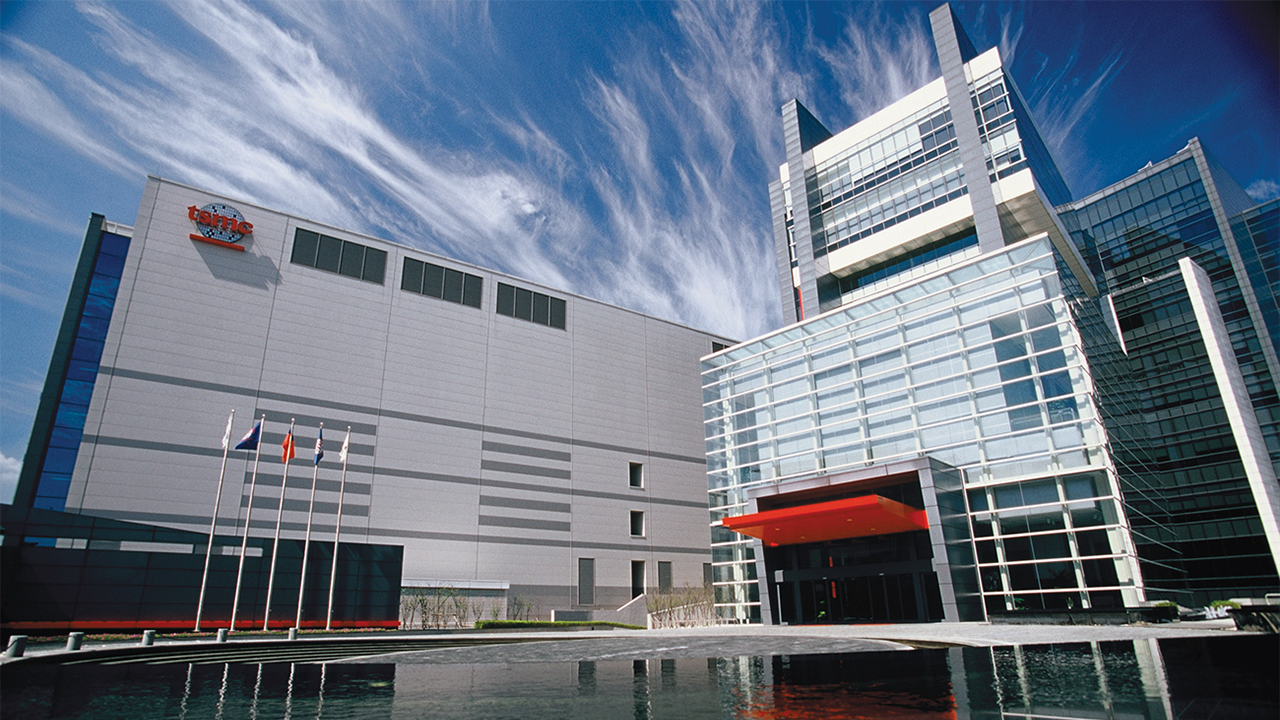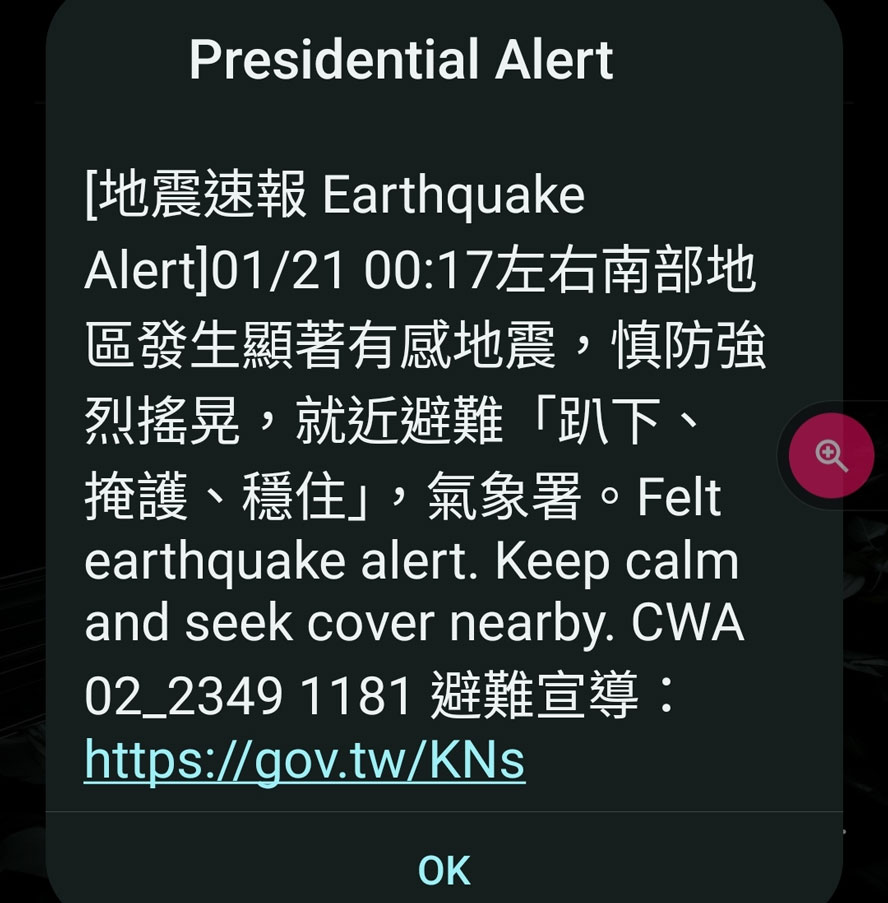
A magnitude 6.4 earthquake struck Southern Taiwan earlier today at 12:17 am, causing damage to several buildings near the epicenter. According to Taipei Times, the epicenter was some 37.9 kilometers or nearly 24 miles Southeast of Chiayi, putting it around 50 kilometers (around 31 miles) to the east of Tainan, where TSMC has at least four facilities, and some 115 kilometers (or nearly 72 miles) south of Taichung, where it has two fabs.
The epicenter was located in a sparsely populated mountainous area, thereby limiting the damage to buildings and a small number of personal injuries. Despite that, Tainan experienced it as a magnitude 5 earthquake, prompting TSMC to halt production and evacuate its workers in affected sites in Central and Southern Taiwan.

“Post-earthquake structural inspections have been completed at all sites, confirming that the structures are safe and operations are gradually resuming,” TSMC told Reuters in an email. “Currently, the water supply, power, and workplace safety systems are functioning normally and all TSMC’s sites are operating. Detailed inspections and impact assessments are ongoing.” Because of this, we do not expect any impact on global chip production, especially as TSMC is the biggest manufacturer of advanced chips in the world, supplying major companies like Apple and Nvidia.
However, this also highlights the company’s vulnerability to disaster. If a major catastrophe were to hit Taiwan and disrupt production for several weeks, it could have a domino effect across the global supply chain for electronic devices, affecting everything from smartphones and laptops to cars and solar cells. There’s also the geopolitical pressure on the island nation, as China, its much bigger neighbor, has expressed a desire to bring the island under its control, by force if necessary.
TSMC has already made progress in setting up advanced fabs elsewhere, with the output of the Arizona fab already being tested by its clients like Apple, AMD, and Nvidia for quality. However, this expansion would only contribute about 10% of total output, meaning there will still be a production bottleneck for the most advanced silicon should any significant disaster hit Taiwan. Besides that, chip packaging for TSMC Arizona still occurs in Taiwan, and it will take a few more years for facilities capable of handling this function to go online in the U.S.







